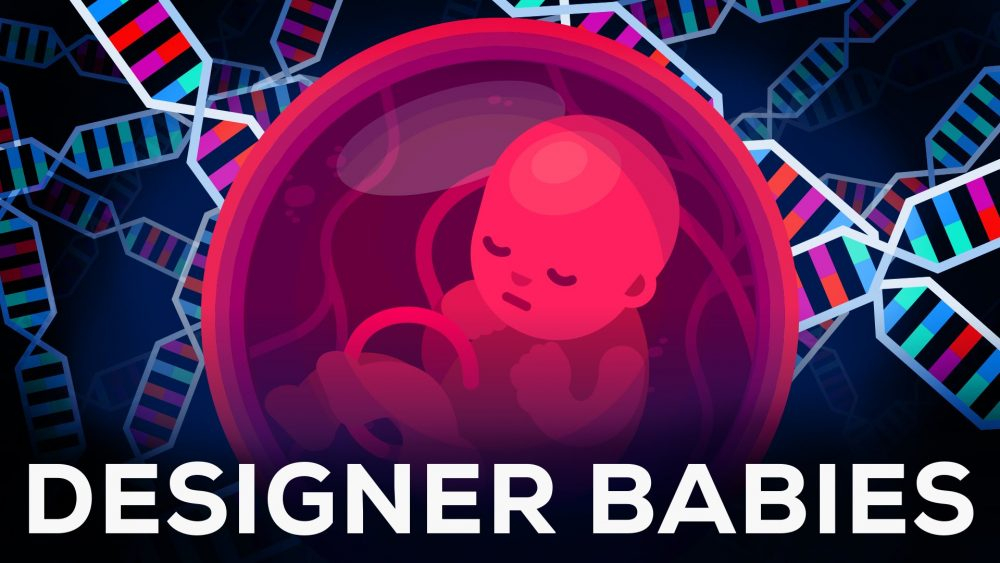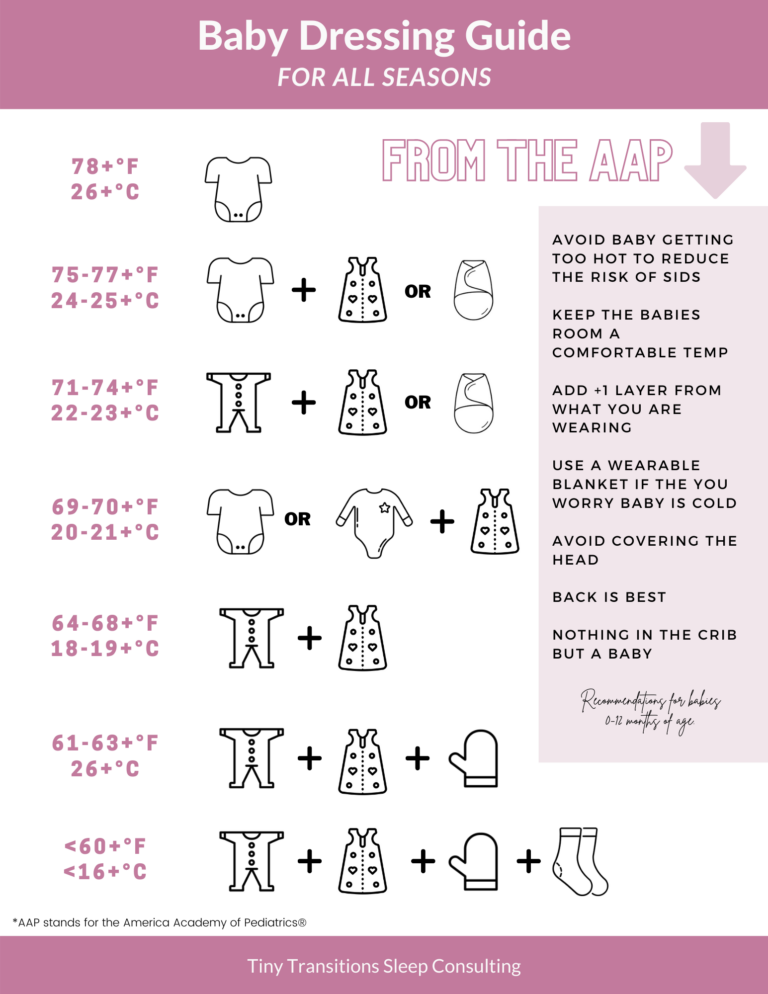Whats A Designer Baby: The Future of Genetic Engineering
Designer babies have been a topic of debate and fascination for many years, but what exactly are they? In simple terms, a designer baby is a baby whose genetic makeup has been artificially selected or modified to ensure the presence or absence of particular genes or characteristics. This concept opens up a world of possibilities and ethical questions that have yet to be fully explored.
Knowledge
Designer babies are created using a technology called CRISPR, which allows scientists to edit genes with unprecedented precision. This technology has the potential to eliminate genetic diseases, enhance physical and cognitive abilities, and even choose the eye color or height of a future child.
However, the idea of creating designer babies raises significant ethical concerns. Some worry that it could lead to a society divided by genetic haves and have-nots, where those who can afford genetic enhancements have an unfair advantage. There are also fears about unintended consequences and the long-term effects of altering the human gene pool.
Despite these concerns, the appeal of designer babies is undeniable. Parents want the best possible future for their children, and genetic engineering offers the promise of a healthier, smarter, and more successful life. The ability to prevent hereditary diseases and disorders is particularly compelling for many families.
As the technology continues to advance, the possibilities for designer babies will only grow. Scientists are constantly discovering new genes linked to various traits, opening up the potential for even more precise genetic modifications. The future of genetic engineering is both exciting and uncertain, as we grapple with the implications of playing with the building blocks of life.
Conclusion
In conclusion, designer babies represent a fascinating and potentially revolutionary development in the field of genetics. While the technology has the power to eradicate genetic diseases and improve human health, it also raises complex ethical questions about the limits of human intervention in the natural order.
Designer babies are likely to appeal to a wide range of people, from parents seeking to protect their children from hereditary diseases to individuals looking to enhance their physical or cognitive abilities. The key strengths of designer babies lie in their potential to improve human health and well-being, but their true impact remains to be seen.
In the coming years, the debate over designer babies will only intensify as the technology becomes more advanced and accessible. It is essential that we approach this topic with careful consideration and a focus on the long-term implications for society as a whole.






